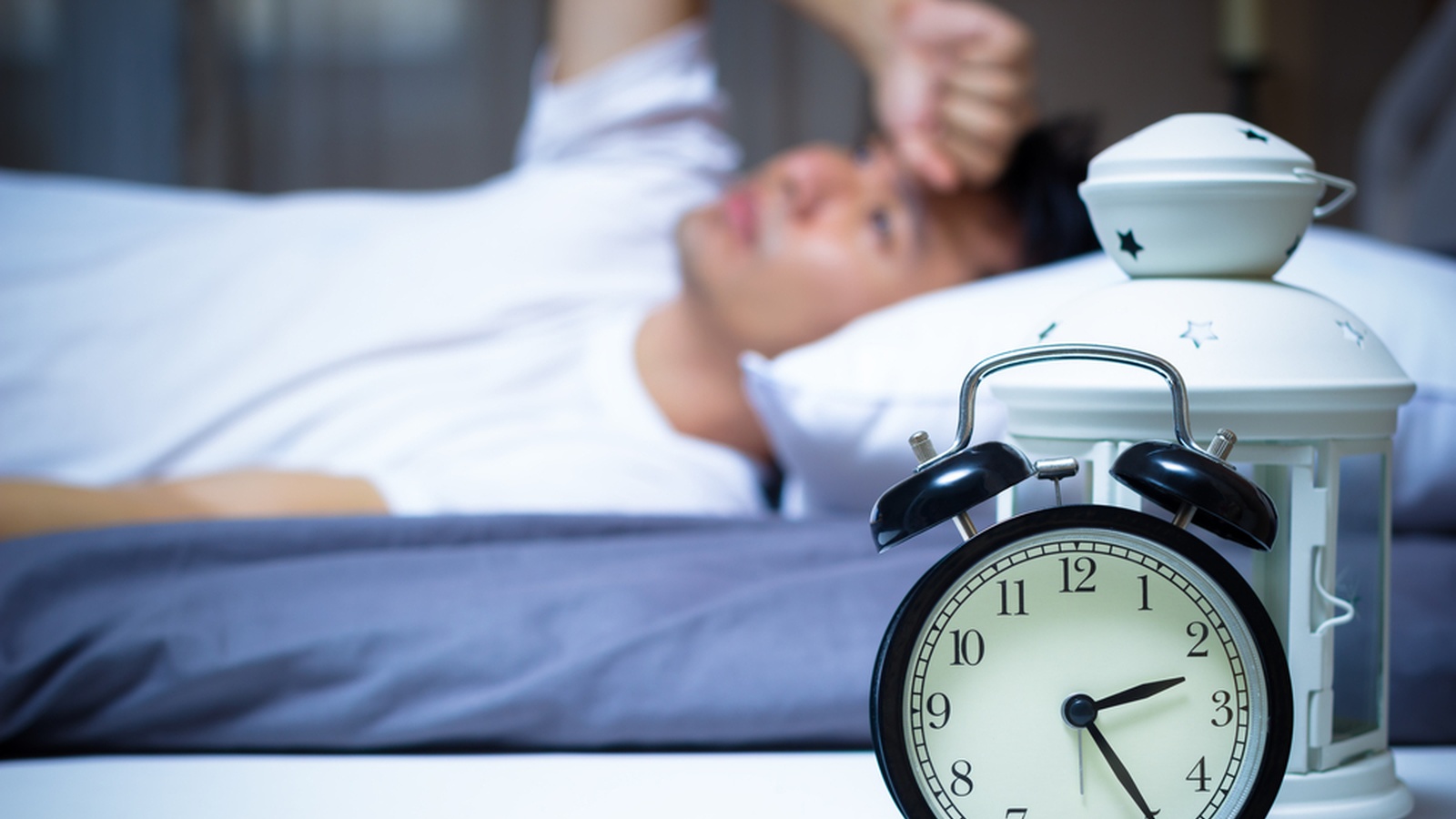ADD TO MY ARTICLES
Sleep problems appear to be very complex. Even so-called sleep centres have trouble helping people. I will discuss sleep problems at a hormonal level and present ways in which such problems may be solved. The most important hormone involved in sleeping is melatonin, affecting commencement, depth and duration of sleep.
Throughout this article you will find the conversion of the amino acid tryptophan from food into - eventually - melatonin. As you can see, the production of melatonin is affected by the day and night rhythm, daylight, other hormones, the bowel function, exercise, vitamins, and minerals. Things may go wrong at each of these levels, causing sleep disturbances.
- Tryptophan
- (Folic acid, calcium, vitamin B3)
- 5-HTP
- (Zinc, magnesium, vitamin C, sunlight, enough thyroid hormone, good digestion function of the colon, stable bloodsugar, exercise)
- Serotonin (Vitamine B5 and B6, darkness, low cortisol, enough progesterone)
- Melatonin
SLEEP PROBLEMS; CAUSES AND REMEDIES
As you can see in the schedule above, many aspects affect the production of melatonin and a good night's sleep. The most important reasons for a less than ideal melatonin production process include:
1. TOO HIGH A CORTISOL LEVEL BEFORE GOING TO BED
To enable you to get to sleep promptly, it is important for the stress hormone cortisol level to be low. When the cortisol level is low, the body knows it is safe to go to sleep and will produce sufficient levels of melatonin. If cortisol remains too high, not enough melatonin is produced to get to sleep. Too high a level of cortisol before bedtime may be caused by too much activity, stress, and light.
Another reason is adrenal fatigue, caused by a burnout as a result of
chronic stress. In case of a burnout, the daily rhythm of cortisol is upset. Normally, cortisol will peak in the morning and drop to its lowest level at night, just before going to bed. This will be different after a burnout and periods of chronic stress, or in case of shift work or other reasons for irregular daily rhythms. In those cases, cortisol will no longer peak in the morning. You will wake up tired and be more energetic late at night (as a result of a high cortisol level) preventing a good night's sleep.
2. PROGESTERONE AND OESTROGEN SHORTAGE
The female sex hormones are also important for a good night's sleep. Progesterone supports the length and depth of sleep (melatonin) while oestrogen increases the dream activity. Night sweats during the menopause also negatively affect the quality of sleep. Progesterone shortage may occur as a result of stress, Candida infections, irregular and infrequent monthly cycles, and the menopause.
Oestrogen shortage is common in women who are underweight and during and after the menopause. When a lifestyle according to The Hormone Factor is followed, the cycle will often become more regular, thereby positively affecting sleep as well. Suppletion with bio-identical hormones may also be opted for, particularly after the menopause. Progesterone gel is usually applied just before going to bed. If taken in the morning, it may result in drowsiness. In my practice, I have often found that, after many years of searching and not finding a solution, progesterone gel finally solved the problem of a troubled sleep - even in men!
3. SHORTAGE OF THYROID HORMONES
Thyroid hormones may raise the serotonin level and, consequently, the melatonin level. Symptoms of thyroid hormone shortages may therefore cause complaints of depression and trouble sleeping.
4. INSULIN RESISTANCE
Sleeping problems may also occur if people suffer from insulin resistance. After chronic consumption of sugar and fast carbohydrates, cells may have become insensitive to insulin. This will result in unstable and highly fluctuating blood glucose levels.
To ensure good serotonin production, sufficient blood glucose is needed. During blood glucose dips, shortages will occur and people may start feeling apathetic and depressed. Even during sleep, blood-glucose dips are unfavourable. It is wise, therefore, to raise the insulin sensitivity of the cells, particularly by consuming slow carbohydrates and keeping stress down. These measures will stabilise blood-glucose levels during the day, which will also positively affect the quality of sleep.
5. TRYPTOPHAN SHORTAGE
As you can see in the reaction schedule, tryptophan is at the base of melatonin production. A shortage of the tryptophan amino acid is quite rare, except in extremely low-protein diets and veganism. Extra suppletion of tryptophan may provide a boost in serotonin or melatonin in some people, depending on the moment of dosage.
During the day (daylight) the serotonin production can be stimulated, and in the evening the melatonin production. 5-htp and melatonin are available as supplements. It varies from person to person whether 5-htp or melatonin will work; this depends on the permeability of the blood-brain barrier.
6. SHORTAGE OF VITAMINS AND MINERALS
The most important minerals and vitamins supporting the production of melatonin from tryptophan include zinc, magnesium, calcium, vit B3, vit B5, vit B6, and vit C. It is important not to build up shortages. Suppletion of vitamins may be taken during the day. Preferably not at night, because they may be activating (serotonin). Magnesium, however, is ideal for taking at night, before going to bed. Note that copper is an antagonist of zinc - therefore, too much copper may result in trouble sleeping.
7. SHORTAGE OF DAYLIGHT + TOO MUCH LIGHT JUST BEFORE AND DURING SLEEP
Serotonin and melatonin will react strongly to daylight. While serotonin production during a sunny day is optimal, melatonin will particularly be produced if the bedroom is as dark as possible. Therefore, the most important factors for a good night's sleep are plenty of daylight during the day, and not too many lamps, television and computer screens at night before going to bed - these form the basis for healthy sleeping.
8. CAFFEINE AND THEOBROMINE
Substances such as caffeine in coffee and tea (black, white and green tea) and theobromine from chocolate are activating substances that may negatively affect sleep if consumed late at night. Many people mistakenly believe that green tea does not contain caffeine and will drink several cups before going to bed. This may cause trouble sleeping.
9. ALCOHOL
After drinking alcohol, some people will experience shallow sleep.
10. INTESTINES
To a major extent, serotonin is produced in the intestines. Because of this, as well as the stress resulting from a poor functioning of the intestines, good metabolism is at the basis of a good night's sleep. It is important, therefore, to keep food intolerances and sensitivities in mind.
11. EXERCISE
Physical exercise may also raise the serotonin level and result in a good feeling. It will also improve sleep - on the condition that exercise is taken during the day and not late at night.










